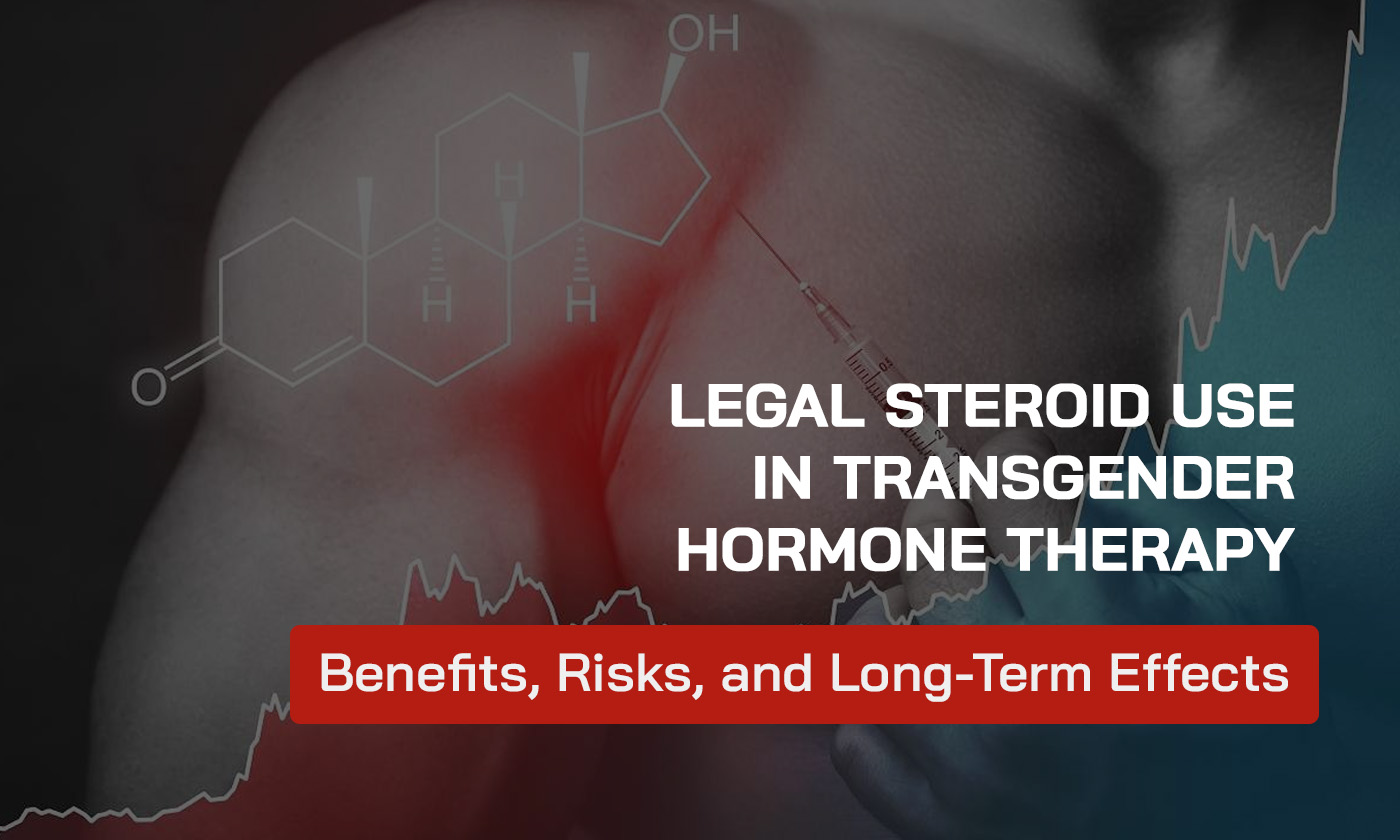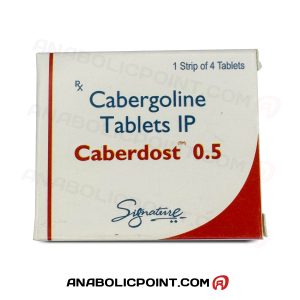Your basket is currently empty!
Legal Steroid Use in Transgender Hormone Therapy

Hormone therapy is a cornerstone of gender-affirming care for transgender individuals, enabling them to align their physical characteristics with their gender identity. A crucial component of this therapy involves the use of hormones and steroids, substances that play a significant role in altering secondary sexual characteristics, such as muscle mass, fat distribution, and hair growth. While the term “steroids” often carries negative connotations due to its association with performance enhancement in sports, in the context of transgender hormone therapy, their use is medically supervised, legal, and vital for achieving desired outcomes.
This article explores the role of legal steroid use in transgender hormone therapy, addressing its purpose, safety, common misconceptions, and broader implications for transgender healthcare.
Understanding Steroids in Transgender Hormone Therapy
Steroids are naturally occurring or synthetic compounds that influence various physiological processes in the body. In transgender hormone therapy, two primary types of steroids are commonly used: androgens (e.g., testosterone) and estrogens.
- For Transgender Men (Female-to-Male, FTM)
Transgender men often receive testosterone, a steroid hormone responsible for developing typically male secondary sexual characteristics. Administered through injections, gels, or patches, testosterone promotes muscle growth, deepens the voice, redistributes body fat, and stimulates facial and body hair growth. - For Transgender Women (Male-to-Female, MTF)
Transgender women are usually prescribed estrogen, sometimes alongside anti-androgens to suppress testosterone. Estrogen promotes the development of typically female traits such as breast growth, fat redistribution, and softening of skin texture.
The use of these hormones in transgender healthcare is carefully tailored to each individual, balancing benefits with potential risks. Unlike anabolic steroids used illicitly in bodybuilding, these hormones are prescribed and monitored by healthcare professionals, ensuring they are used safely and effectively.
The Importance of Hormone Therapy in Transition
For many transgender individuals, hormone therapy is a critical step in their transition journey. It is not merely about physical changes but also about improving mental health and overall well-being. Research consistently shows that access to hormone therapy significantly reduces gender dysphoria—a condition characterized by distress due to a mismatch between one’s gender identity and assigned sex at birth.
Hormone therapy also contributes to:
- Improved Quality of Life: Alleviating distress and enhancing self-confidence.
- Better Mental Health Outcomes: Reducing rates of depression, anxiety, and suicidal ideation among transgender individuals.
- Social Integration: Helping individuals feel more aligned with their gender presentation in societal contexts.
Myths and Misconceptions About Steroids in Hormone Therapy
The use of steroids in transgender hormone therapy often attracts misconceptions, partly due to misinformation about steroids in general. It is essential to distinguish between the medically supervised use of hormones and the misuse of anabolic steroids in other contexts.
- “Steroids in Hormone Therapy Are Dangerous”
When used under medical supervision, the risks associated with hormone therapy are minimal and far outweighed by the benefits. Regular monitoring ensures that dosages are appropriate and side effects are managed effectively. - “Testosterone or Estrogen Leads to Immediate Results”
Hormonal changes occur gradually, typically taking months or even years to fully manifest. Unrealistic expectations can lead to frustration, highlighting the importance of proper counseling before starting therapy. - “Hormone Therapy Changes Are Reversible”
While some effects of hormone therapy are reversible upon cessation, others—such as voice deepening in transgender men or breast growth in transgender women—are permanent. - “Steroids in Hormone Therapy Are Like Bodybuilding Steroids”
The steroids used in hormone therapy are not anabolic steroids used for muscle enhancement. Instead, they are physiological hormones essential for aligning secondary sexual characteristics with one’s gender identity.
The Medical Supervision of Steroid Use
The cornerstone of safe and effective hormone therapy is medical supervision. Transgender individuals undergoing hormone therapy are typically under the care of endocrinologists or other specialists experienced in transgender healthcare.
- Dosage and Administration
Hormone therapy begins with low doses, gradually adjusted based on individual response. This approach minimizes side effects while optimizing desired outcomes. - Monitoring and Adjustments
Regular blood tests monitor hormone levels, liver function, and other health markers to ensure safety. Healthcare providers also assess psychological and physical well-being throughout the process. - Managing Side Effects
Common side effects include acne (in transgender men) and fluid retention (in transgender women). These are usually mild and manageable, but ongoing monitoring is crucial to address any complications.
Legal and Ethical Considerations
The legal use of steroids in transgender hormone therapy underscores the importance of accessible, evidence-based care. In many countries, access to hormone therapy is protected under healthcare policies, but barriers remain:
- Access Challenges
Legal restrictions, lack of healthcare providers knowledgeable in transgender care, and financial constraints often limit access to hormone therapy. Advocacy for comprehensive healthcare policies is vital to address these barriers. - Informed Consent Models
Many clinics follow an informed consent model, where individuals receive thorough counseling about the benefits and risks of hormone therapy before starting treatment. This model respects autonomy while ensuring safety. - Stigma and Discrimination
Misunderstandings about steroid use in transgender healthcare perpetuate stigma, creating additional hurdles for individuals seeking treatment. Public education is essential to combat this discrimination.
Broader Impacts of Hormone Therapy
Hormone therapy extends beyond individual benefits, influencing societal attitudes and healthcare practices.
- Reducing Healthcare Disparities: Normalizing hormone therapy as part of transgender healthcare can reduce disparities and improve outcomes for marginalized groups.
- Advancing Medical Research: The growing recognition of transgender healthcare needs has spurred research into hormone therapy, leading to better protocols and understanding of long-term effects.
- Promoting Inclusivity: By acknowledging the medical necessity of hormone therapy, societies take a step toward greater acceptance and inclusion of transgender individuals.
10 Common Questions About Steroid Use in Hormone Therapy
- What steroids are used in transgender hormone therapy?
Testosterone for transgender men and estrogen (often with anti-androgens) for transgender women are the most commonly used hormones. - Is steroid use in hormone therapy safe?
Yes, when prescribed and monitored by healthcare professionals, hormone therapy is safe and effective. - How long does it take to see changes from hormone therapy?
Changes occur gradually, typically over months or years, depending on individual response and dosage. - Are the effects of hormone therapy permanent?
Some effects, such as voice deepening and breast growth, are permanent, while others may reverse if therapy is discontinued. - What are the side effects of hormone therapy?
Side effects vary but may include acne, fluid retention, and mood changes. These are generally mild and manageable with medical supervision. - Can hormone therapy affect fertility?
Yes, hormone therapy can impact fertility, so individuals interested in having biological children should discuss options like fertility preservation before starting treatment. - Is hormone therapy legal everywhere?
Access to hormone therapy varies by country and region. While it is legal in many places, legal and logistical barriers still exist. - Do you need a prescription for hormone therapy?
Yes, hormone therapy requires a prescription from a qualified healthcare provider to ensure safe and appropriate use. - What happens if hormone therapy is stopped?
Some changes may reverse, but permanent effects like voice deepening or breast development will remain. Stopping abruptly without medical advice can lead to adverse health effects. - How does hormone therapy improve mental health?
By alleviating gender dysphoria and helping individuals feel more aligned with their gender identity, hormone therapy can significantly reduce depression and anxiety.
A Journey Toward Authenticity
The use of legal steroids in transgender hormone therapy is a powerful tool in helping individuals achieve a sense of alignment between their bodies and identities. Far from the stigma often associated with steroids, these hormones represent a lifeline for many transgender individuals, enabling them to lead healthier, happier, and more authentic lives. Through continued education, advocacy, and research, society can ensure that hormone therapy remains accessible and affirming, fostering a world where everyone is free to live as their true selves.











